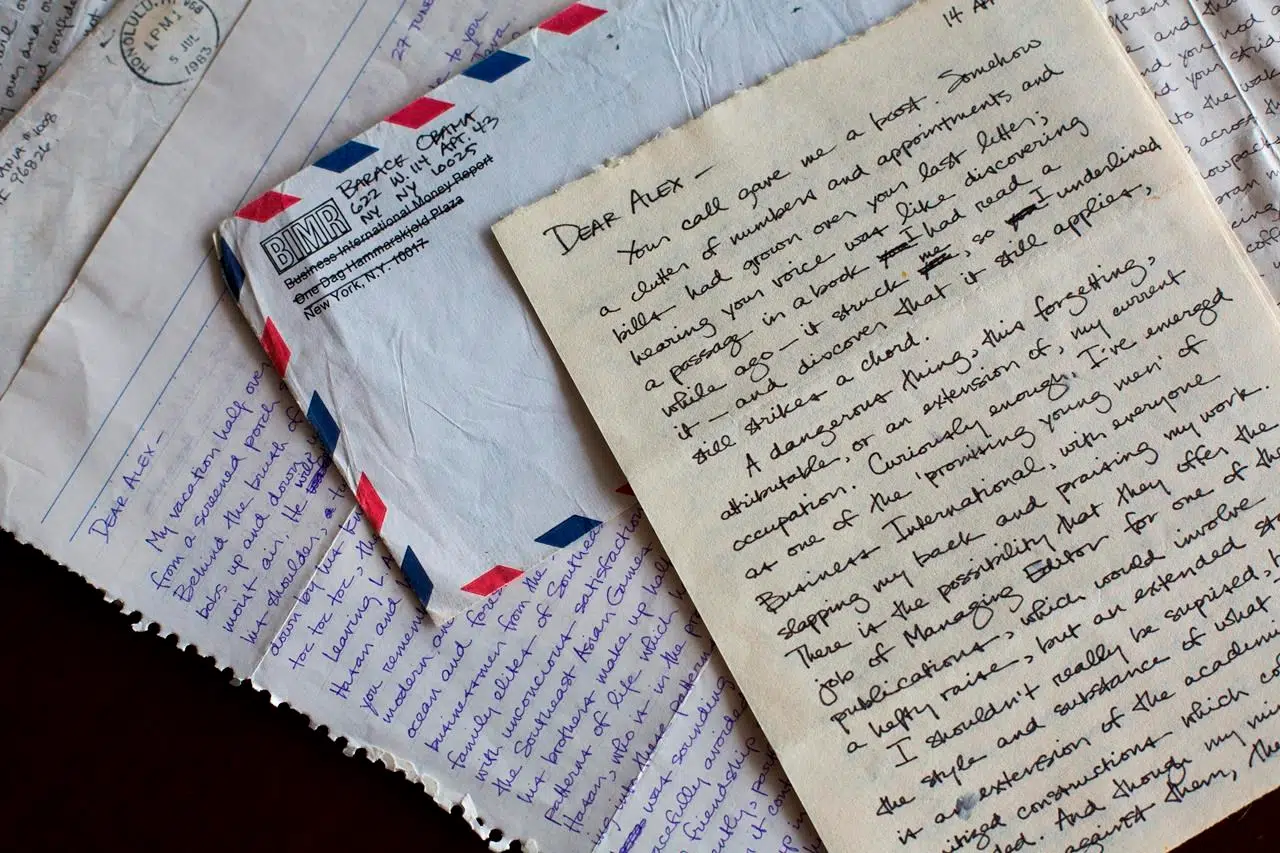
Letters from young Obama show a man trying to find his way
WASHINGTON — A young Barack Obama questioned his place in the world and his racial identity, agonized over whether he’d make enough money as a community organizer, and lamented his incompatibility with his ex-girlfriend in 30 pages of letters he wrote to her that are now being archived by Emory University in Atlanta.
The nine full letters, sent by Obama to his college girlfriend, Alexandra McNear, are being made public to researchers through Emory University’s Stuart A. Rose Manuscript, Archives and Rare Book Library. The university has had the letters since 2014 but could only make them public now, officials said.
Written in the 1980s, the letters give a peek into Obama’s psyche as he sought out the path that would eventually land him in the White House as the United States’ first black president, Emory University officials said Wednesday.
“My ideas aren’t as crystallized as they were while in school, but they have an immediacy and weight that may be more useful if and when I’m less observer and more participant,” Obama wrote in 1984 to McNear, who was a student at a California college attended by Obama before he moved to Columbia.


